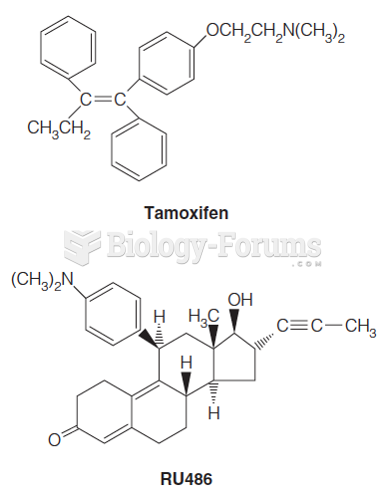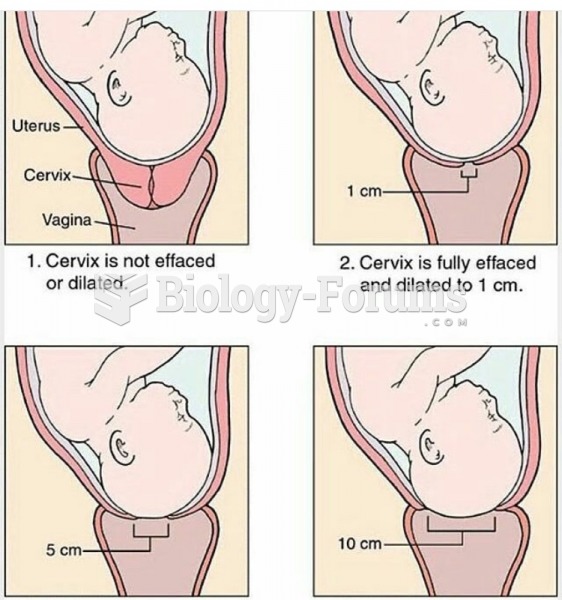This topic contains a solution. Click here to go to the answer
|
|
|
Did you know?
Adult head lice are gray, about ? inch long, and often have a tiny dot on their backs. A female can lay between 50 and 150 eggs within the several weeks that she is alive. They feed on human blood.
Did you know?
Cyanide works by making the human body unable to use oxygen.
Did you know?
Excessive alcohol use costs the country approximately $235 billion every year.
Did you know?
Intradermal injections are somewhat difficult to correctly administer because the skin layers are so thin that it is easy to accidentally punch through to the deeper subcutaneous layer.
Did you know?
Women are 50% to 75% more likely than men to experience an adverse drug reaction.







